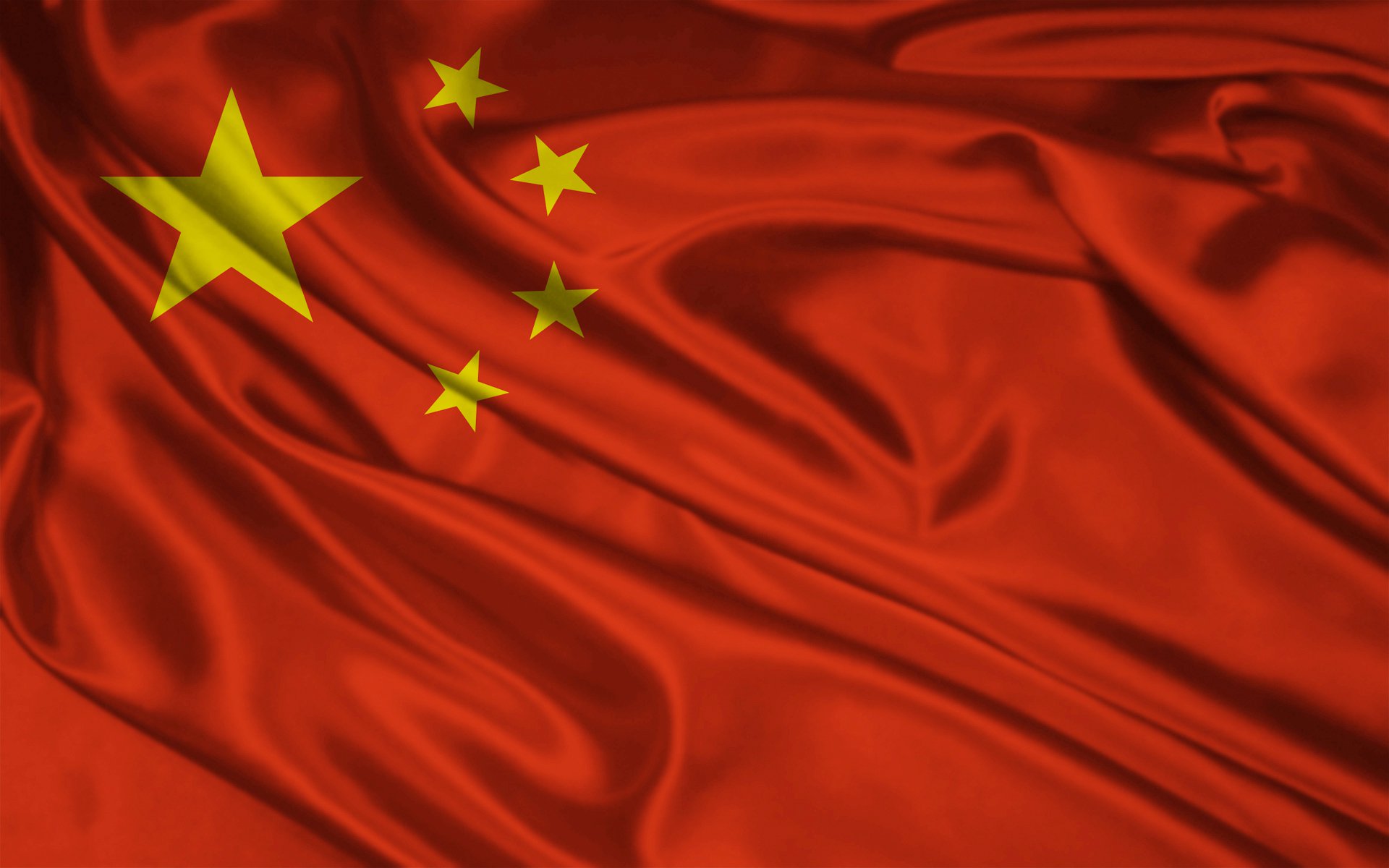
Published 4/8/2023 4:16 PM | Edited 4/8/2023 6:22 PM
China’s long-term goal, proclaimed by its political leadership, is the construction of a developed socialist society.
Marx, when analyzing the capitalist mode of production and the way in which nature and society develop and transform, pointed out that capitalist society would be replaced by socialism, a period of transition to the future communist society.
He believed that the socialist revolution would occur, first of all, in the most developed capitalist countries, such as England and Germany, for example.
Marx did not live through the ulterior period of the constitution of imperialism, a subject dealt with by Lenin.
The latter noted the possibility of the workers and their allies taking power in more backward countries in the world capitalist system, in the so-called weakest links of the imperialist chain.
In a very special and unrepeatable situation, he led the revolution in Russia, which was experiencing a deep multilateral crisis and a population tired by the war.
After taking power and after the end of the first war, he faced a long civil war against the white army, supported by the western powers.
Having overcome this stage of the revolution, Lenin adopted a new economic policy that sought to develop the productive forces, even relying on capitalist production and trade.
This experience did not go very far and, after Lenin’s death, a faster and more intense process of socialization of production began to be adopted, both in cities and in the countryside.
The Chinese, based on their own experience and analysis of the development processes of the productive forces of several countries, Brazil in the Vargas era among them, and even the Soviet experience, began to adopt a peculiar model of development based on planning and control. and establishing partnerships with national and foreign private capital, with a view to the exponential growth of its productive forces and the assimilation of the most modern science and technology in the world.
It integrated into the world market and took advantage of all the opportunities that were within its reach, without ever selling its sovereignty, maintaining state control over fundamental areas such as the financial system and foreign trade, among others.
He never hid his goal of transforming himself into a medium-developed socialist society in the mid-21st century, nor did he harass his previous leaders who contributed to the construction of the new China, even though they made mistakes in the revolutionary process.
Its foreign policy, in all aspects, has always respected its partners, seeking trade agreements in which both win in this relationship, without ever trying to impose its political or economic model on other countries.
He has always defended peace and the resolution of conflicts through diplomacy.
With regard to the reintegration of territories that had been under the control of other countries, it sought a peaceful and patient solution, implementing a policy of one country and two regimes, as in Hong Kong, which returned to form part of China at the end of the last century.
After 45 years of implementing this policy, China has already surpassed the American GDP when compared by purchasing power parity a few years ago, and should surpass its rival in terms of nominal GDP in the next decade.
Many other issues need to be known and discussed about the Chinese experience without prejudice and with an open mind.
The work of professors Elias Jabbour and Alberto Gabriele, “China: Socialism in the 21st Century“, sheds light on this debate.
Source: vermelho.org.br

